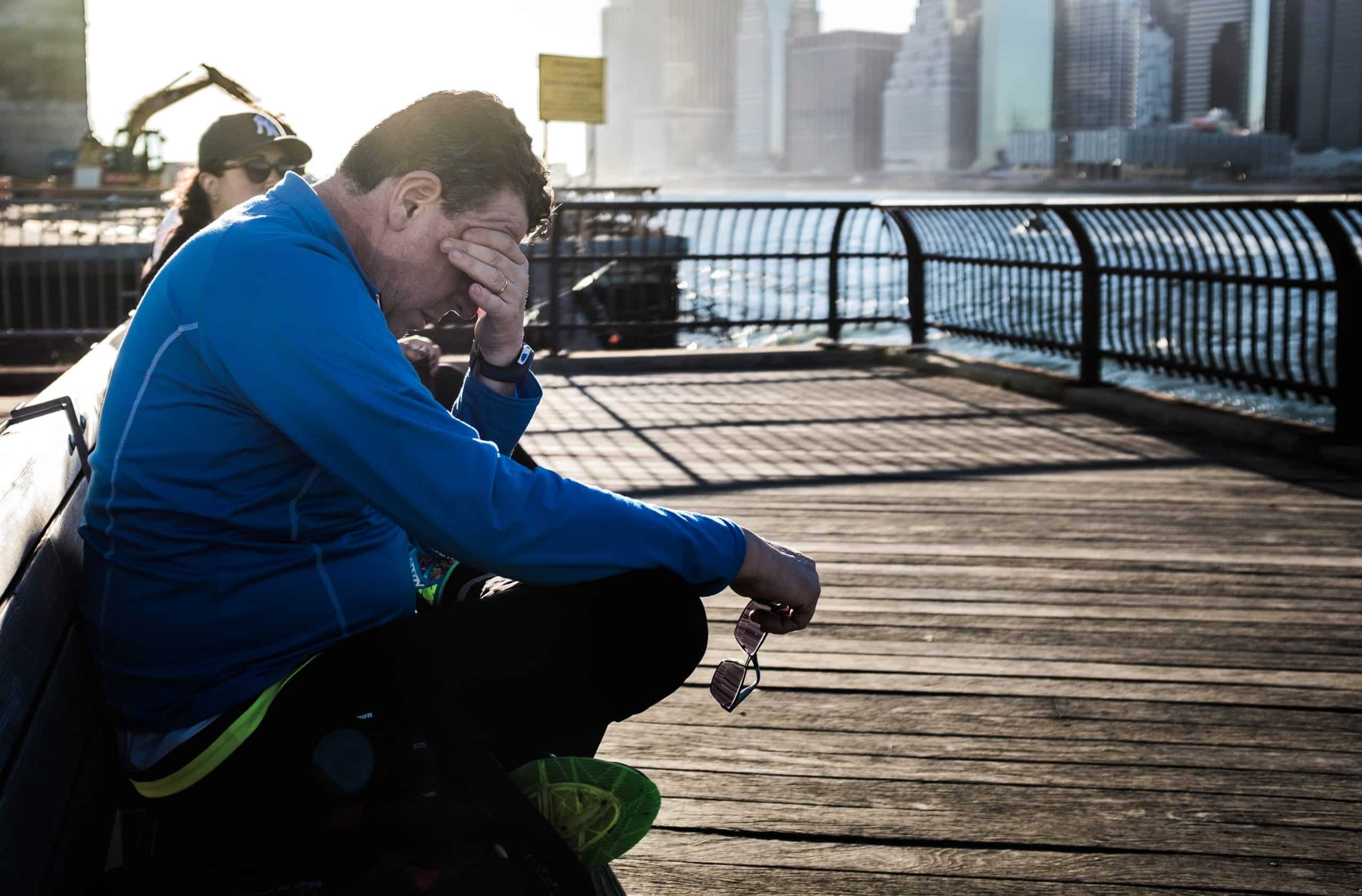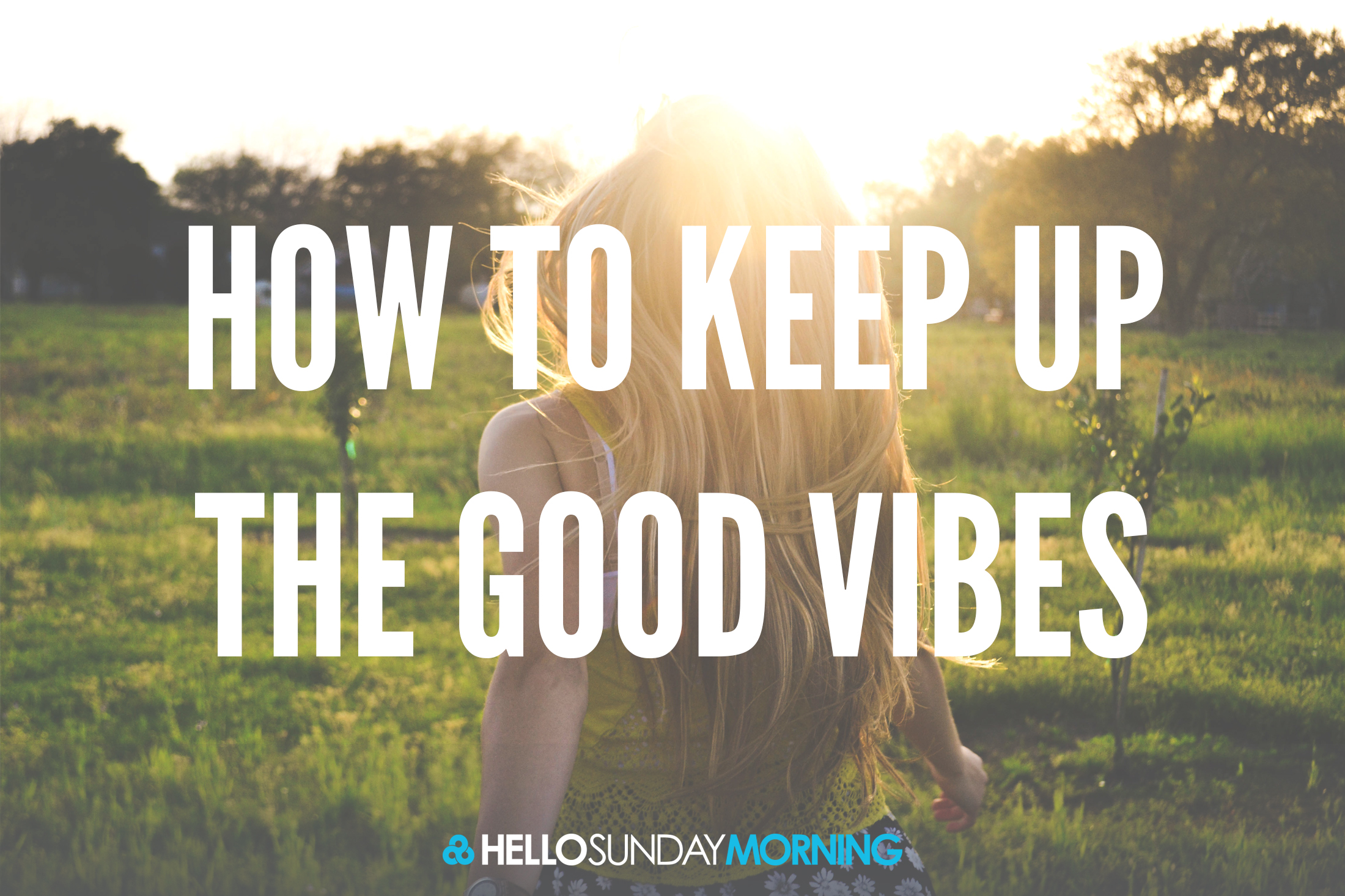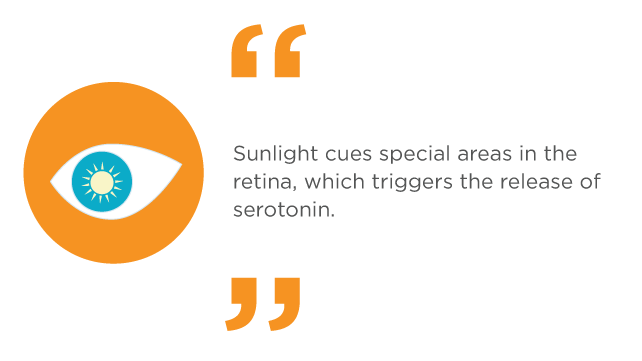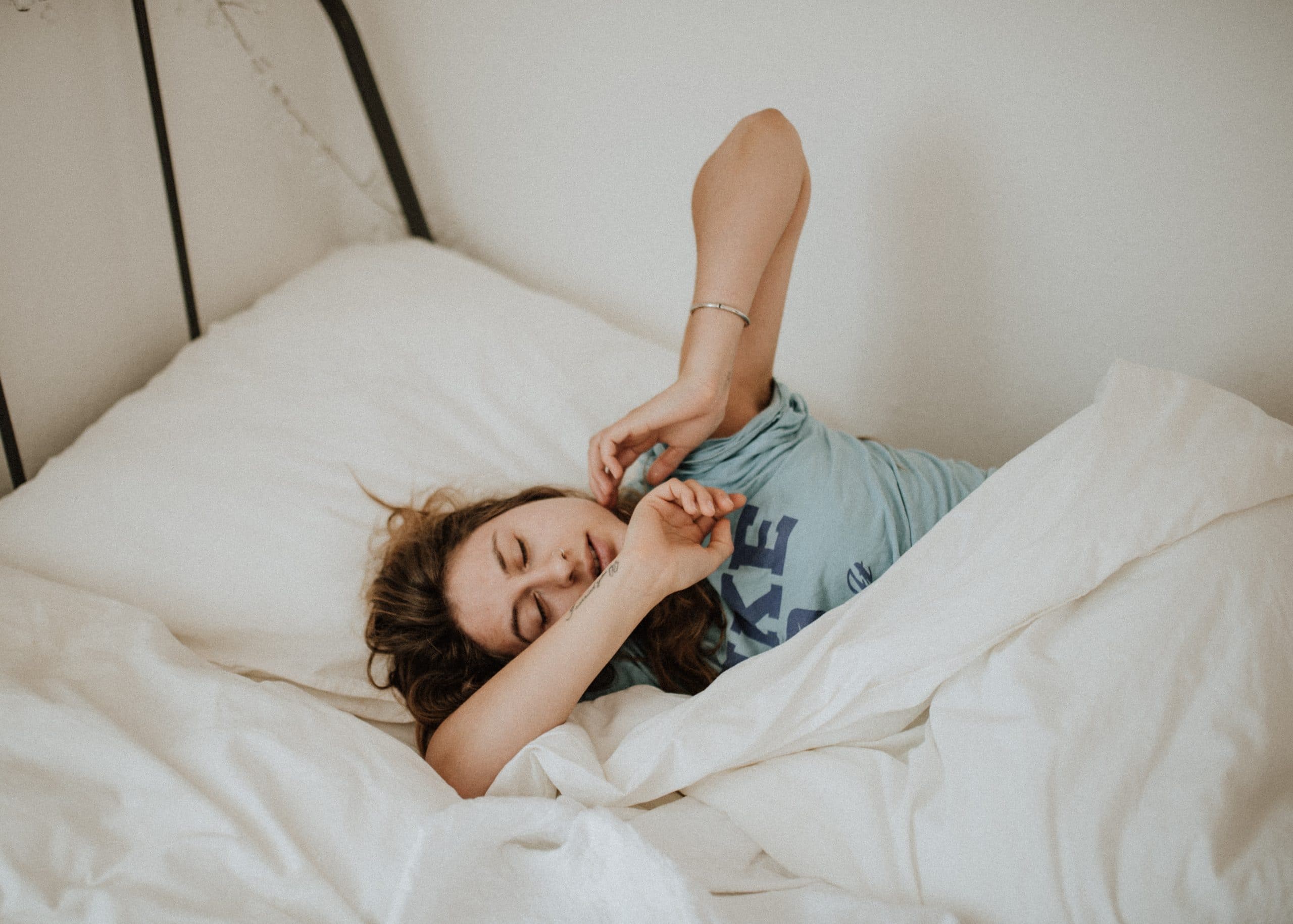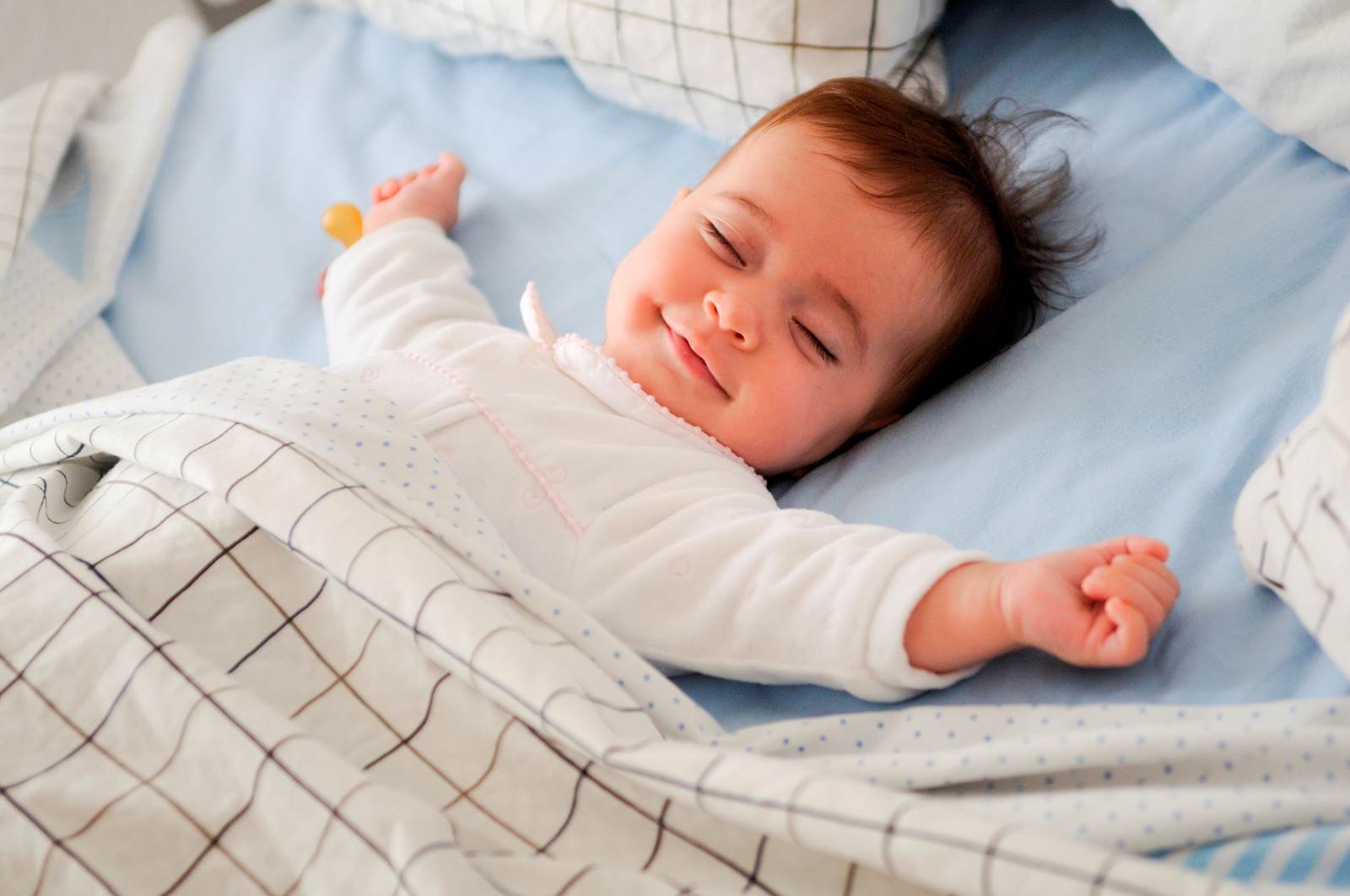Hello Sunday Morning’s guide to sleeping like a baby
Sleep is an essential component of wellbeing. One of our most basic needs, it is as important for survival as eating, drinking water and even breathing. But honestly, whenever I begin to talk about ‘sleep hygiene’, everyone seems to switch off. I’ll admit, it’s probably not the most glamorous of all health topics, but when considering what it means to maintain a balanced and healthy lifestyle, it’s actually incredibly important. And not only for the reasons you might think. Let’s get excited about sleep!
Why do we need sleep?
Probably the most interesting thing about sleep is that, despite the fact that we spend almost a third of our lives doing it, scientists still don’t really know exactly why we need to sleep. So sleep (something we do every day) joins ranks with the deepest parts of the ocean, outer space and the number pi; those big mysteries of our reality. That’s actually amazing.
A number of theories are in the works, including the idea that we need sleep for memory and cognitive consolidation, and the idea that sleep promotes physiological longevity. And while there remains a lack of consensus around its purpose, researchers all agree that sleep must serve a very important function.
In fact, when you consider it in evolutionary terms, sleep as an activity is particularly risky for survival. Think about the fact that when animals are asleep, they are more vulnerable to predators. So if this risky behaviour managed to withstand the test of time, it must serve an essential physiological or behavioural purpose. Sleep must be, in some way, an adaptive function for animal survival.
How does sleep work?
While we may not understand too much of the ‘why’, we do know quite a lot about the ‘how’ of sleep. And it is quite interesting (I promise!).
Essentially, Sleep is regulated by two separate body systems, the C-process and the S-process.
Process-C: your personal body clock
This is the circadian body system. You may have heard of the idea that sleep runs in cycles or stages. This is the C-process at work. There are 5 stages within each (approximately) 90 minute sleep cycle, with stages one to four getting progressively ‘deeper’ i.e. harder to wake from. The cycle ends with the 5th stage of sleep, known as the REM (rapid eye movement) stage during which dreaming occurs. The theory of process-C actually posits that the body has its own internal clock (um, super cool, right?). This clock sets its time through exposure to daylight. Jet lag is experienced mostly because of this process, it means that your internal daylight clock is thrown off. (So a tip for combating jet lag is to remind your brain it is daytime by simply stepping out into sun!)
Process-S: chemical processes
The S-process is known as the sleep-wake homeostatic drive. Which, yes, sounds like a bunch of medical jargon but all it really means is that it is driven by body and brain chemicals like melatonin. The most important of these chemicals, melatonin, is actually a hormone produced in the brain and is implicated in a number of bodily processes, including your immune system and nervous system. This process is pretty simple, actually: the longer you stay awake, the more melatonin you build up and the more you feel tired. This process explains why napping is a way of overcoming sleepiness.
In combination, these two processes explain the mechanism for sleep in our bodies. Understanding these processes, and understanding what is happening when we sleep, is a useful step towards learning how to sleep better.
Sleep hacks: how to get the perfect night’s sleep
No nightcaps
First and foremost. One of the myths about sleep that really grinds my gears: night caps. Night caps do not work. Period. While alcohol may make you feel sleepy or even allow you to fall asleep quicker, the quality of this sleep is significantly impaired. REM sleep, which is considered the most mentally restorative (see above), is particularly affected by alcohol. So this is why it isn’t surprising to wake up feeling exhausted after an evening drink. And vice versa: no bedtime alcohol means waking up feeling refreshed!
Food matters
It is important to avoid eating too soon before turning in. Eating right before bed is associated with a bunch of unpleasant effects, from weight gain to acid reflux. Of course, these effects are compounded by what you’re eating, too, as acid reflux specialists point out. Obviously, caffeine is a big no-no right before bed (i.e. at least 6 hours before sleeping). And while there isn’t much to support that old myth that eating cheese before bed gives you nightmares, researchers do think that eating anything right before bed can disrupt your sleep and therefore your dreams. It is suggested that we stop eating by 8pm in order to minimise the effects of digestion on our sleep.
Exposure to Sunshine!
Stepping out into the sun at least once a day is a good (and relatively easy) way to maintain your sleep-wake cycles. Thinking back to the C-process described above, natural light signals to our brains that it is daylight and therefore we should be awake. But the flip-side of this is that we need to be careful about exposing ourselves to light when it is nighttime: it is suggested that electronic blue light can affect our sleep cycles, too, so no more Instagram scrolling before bed!
Chill out, take a bath
By which I mean actually cool down (but it doesn’t hurt to relax, either). Sleep cycles are strongly linked to body temperature. During sleep, your core body temperature drops to its lowest point, and your body actually begins cooling down a few hours before falling asleep. Therefore it can also be a good idea to keep your room temperature down (just a few notches) so your body picks up the signal to sleep. Funnily enough, it can also help to have a warm bath or shower. This is because it is a drop in your core body temperature that signals your brain to sleep; hot water therefore raises your body temperature and later as you dry off, you cool down, telling your brain it’s time for some shut eye.
Exercise
I know, I know. I too am completely sick of being told to exercise more! But, sleeping better just happens to be another positive outcome to add to the seemingly endless list of ‘reasons you should exercise’. Researchers have found the effects of physical activity are so good for helping you sleep better, that exercise is now being considered a non-pharmaceutical treatment alternative for chronic insomniacs.
Techniques to get to sleep
I know that when I am not getting a particularly good night’s sleep, I generally begin to stress about not sleeping well, which in turn makes me less likely to get to sleep. (As you can tell I think about sleep a lot. Too much, though? Never.) So over the years I’ve picked up some techniques to help me get to sleep better.
Breathing techniques
The 4-7-8 breathing exercise is purported to help you fall asleep fast (/fast asleep). It’s pretty simple, so even if you’re skeptical, it really doesn’t hurt to give this one a try.
How to do it:
- Place the tip of your tongue against the ridge of tissue just behind your front upper teeth. This is not necessary but recommended.
- Exhale completely through you mouth. Let it out like a loud sigh.
- Close your mouth and inhale through your nose (quietly) for 4 counts.
- Hold your breath for seven counts (yes I agree this seems like ages)
- Exhale through your mouth for eight counts. This means you need to let the air out of your lungs veryyyy slowly. You’ve completed one breathing cycle.
- Now inhale again. Try for at least three cycles in total!
Does it work for you? I have had a few hits and misses. But I would say that at three in the morning when you’re staring at your ceiling wide awake, sure. Anything to get me away from that dead tick of the clock.
Progressive Muscle Relaxation
This is essentially a classic relaxation technique, involving the progressive relaxation of your muscles (as you can tell from the very creative name). It can take anywhere between 5-15 minutes, and hey, you can do it when you’re already lying in bed.
How to do it:
- Lie down in a quiet place. Breathe normally and get comfortable.
- Starting from the top of your head, you will start to focus on certain muscle groups, first tensing these muscles for a few seconds and then taking the time to slowly relax them.
- Beginning at the top of your body, you can start by tensing the muscles in your face. Do this by lifting your eyebrows, wrinkling your forehead, tightly closing your eyes and grimacing to clench your jaw and cheek muscles. Then at once begin to slowly relax all of these muscles.
- Then do the same process for your shoulders, arms, chest, torso, back, hips, legs and feet. Whatever areas of muscle come to mind.
This technique can be kind of difficult to do well, but feels pretty good when you give it a go.
Saying a word over and over again (in your head)
Personally, I’ve never found the old counting sheep method helpful for getting to sleep. I feel like this is because there is too much imagery involved (I think I get caught up in trying to work out the visual details of what the sheep look like). So, applying the same principles, you can engage in a menial cognitive task to get yourself to sleep. Some people like to repeat the word ‘the’ in their minds. Others count. Whatever tickles your fancy, but supposedly it’s the commitment to repetition that’ll get you there.
Hide your clock
Ah, hiding your clock, simple but sweet. Maybe we’re not all like this but I sometimes find it difficult to refrain from checking out the time of night. How long you’ve been awake. How many nocturnal hours you’ve got left to sleep. How many sleep cycles you’ll get in the remaining hours. All very stressful. Leave your phone to charge in another room and turn that bedside clock to face the other direction––we don’t want to scare sleep away, she can be very timid.
Sleep can affect everything
Not only productivity and daytime fatigue levels. Sleep is also thought to be implicated in loads of other components of wellbeing, including (but not limited to) weight management, mental health, experience of chronic pain, your immune system and even eyesight. Everything!
So don’t brush it off. Sleep well to keep well, my friends.
